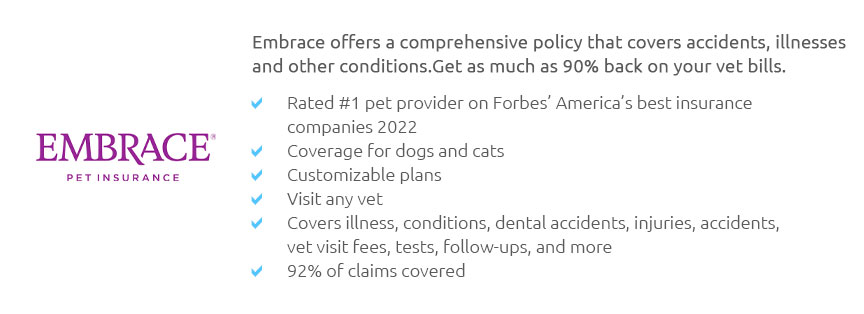 |
 |
 |
 |
 |
 |
|
 |
|
 |
|
 |
|
 |
|
 |
 |
 |
 |
 |
 |
 |
 |
A Complete Beginner’s Guide to Pet CareEntering the world of pet ownership is akin to embarking on a heartwarming, sometimes challenging journey, one that promises to be as rewarding as it is demanding. Whether you are adopting a playful puppy, a serene cat, or a chirpy parakeet, understanding the nuances of pet care is crucial. At the heart of successful pet care lies the principle of empathy, a willingness to perceive and respond to the needs of your non-human companion with patience and love. First and foremost, providing a balanced diet is essential for maintaining your pet's health and longevity. While it might be tempting to indulge your furry friend with treats, it is vital to consult with a veterinarian to tailor a diet that meets the specific nutritional needs of your pet. For instance, dogs and cats have different dietary requirements; dogs thrive on a diet rich in proteins and fats, while cats, obligate carnivores, need taurine and other essential nutrients that are primarily found in animal tissues. Beyond nutrition, exercise and mental stimulation play a pivotal role in keeping your pet healthy and happy. Dogs, regardless of breed, require regular walks and playtime to burn off excess energy, prevent obesity, and stimulate their minds. Cats, though seemingly independent, benefit from interactive play that simulates hunting behaviors, ensuring they remain active and engaged. Providing toys that challenge your pet's intellect can be both entertaining and beneficial for their cognitive development. Creating a safe and comfortable environment is another cornerstone of effective pet care. This means more than just providing a cozy bed; it involves ensuring that your home is a haven free from potential hazards. For instance, certain household plants can be toxic to pets, and small objects can pose choking hazards. Additionally, regular grooming and hygiene practices, such as bathing, brushing fur, and dental care, are essential to prevent health issues and foster a strong bond between you and your pet.
As a pet owner, you may also encounter unexpected challenges. Behavioral issues, such as aggression or anxiety, require thoughtful intervention, often with the guidance of a professional trainer or behaviorist. It's essential to approach these challenges with understanding and persistence, as each pet has a unique personality and set of needs. In conclusion, caring for a pet is a multifaceted responsibility that extends beyond mere feeding and sheltering. It is a commitment to nurturing a living being with compassion and respect. For those willing to invest time and effort, the companionship and joy a pet brings are immeasurable, enriching your life in ways you may have never imagined. As you embark on this journey, remember that the key to successful pet care lies in continuous learning, adaptability, and the unwavering love you offer to your four-legged, feathered, or scaled friend. https://www.yelp.com/search?find_desc=Pet+Care&find_loc=San+Jose%2C+CA
Top 10 Best Pet Care in San Jose, CA - February 2025 - Yelp - Petcare Animal Hospital, Curtner Pet Clinic & Hospital, Aborn Pet Clinic, Willow Glen Pet ... https://www.yelp.com/biz/petcare-animal-hospital-san-jose
PETCARE ANIMAL HOSPITAL near San Jose, 700 S Winchester Blvd, Ste 10, San Jose, CA 95128, 34 Photos, Mon - 9:00 am - 6:00 pm, Tue - 9:00 am - 6:00 pm, ... https://sanjosepetcare.com/
Veterinarian in San Jose, CA - Visit our skilled Veterinarian in San Jose, CA. Accepting new appointments. Call today or request an appointment online.
|